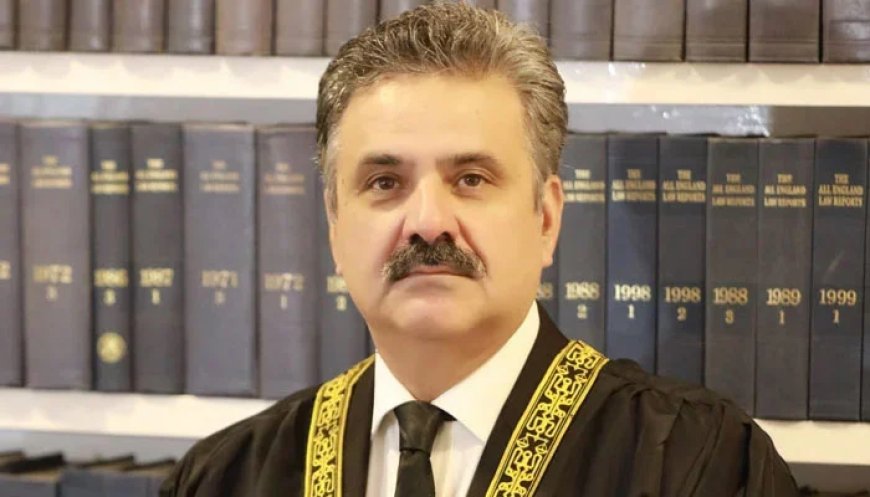CJP hails judges’ transfer to IHC

1. Chief justice stresses need for appointing more judges from different provinces to ensure broader representation
ISLAMABAD: Chief Justice of Pakistan (CJP) Yahya Afridi praised the recent transfer of judges from various provinces to the Islamabad High Court (IHC), emphasizing that Islamabad represents the federation. Speaking at the oath-taking ceremony of the Press Association of the Supreme Court, CJP Afridi stated that the transfers, in accordance with Article 200 of the Constitution, were a positive step for judicial unity across provinces.
He highlighted that the appointment and transfer of judges are separate issues, with these judges already serving in other high courts before their transfer to the IHC. The inclusion of judges from Balochistan and Sindh, he noted, is a significant move towards enhancing national representation within the judiciary. CJP Afridi also pointed out that more judges from other provinces should be transferred to the IHC to ensure a broader federal character.
During the ceremony, Justice Jamal Khan Mandokhail administered the oath to the new cabinet of the Press Association, with CJP Afridi promising full support and facilities for the association. The CJP addressed concerns about seniority within the judiciary, acknowledging that it will be considered in due course.
The Supreme Court Bar Association (SCBA) also supported the transfers, stating that Article 200 of the Constitution clearly allows the President of Pakistan to transfer judges between high courts. SCBA President Mian Muhammad Rauf Atta issued a statement affirming the association’s commitment to the rule of law and judicial independence, while welcoming the decision.
The SCBA further clarified that the recent transfers were constitutional, following due process, and should not be seen as new appointments to the IHC. The rotation of judges was described as a beneficial practice that fosters a stronger judiciary. The association disapproved of criticism directed at the transfers, labeling it politically motivated.
Punjab Bar Council leaders echoed these sentiments, praising the move as essential for restoring federalism within the judiciary. However, the Islamabad Bar Council and Islamabad High Court Bar Association expressed opposition to the transfers, with some lawyers boycotting courts in protest.
Despite the resistance, the new IHC judges have started their duties, with legal officers welcoming their arrival.

















































